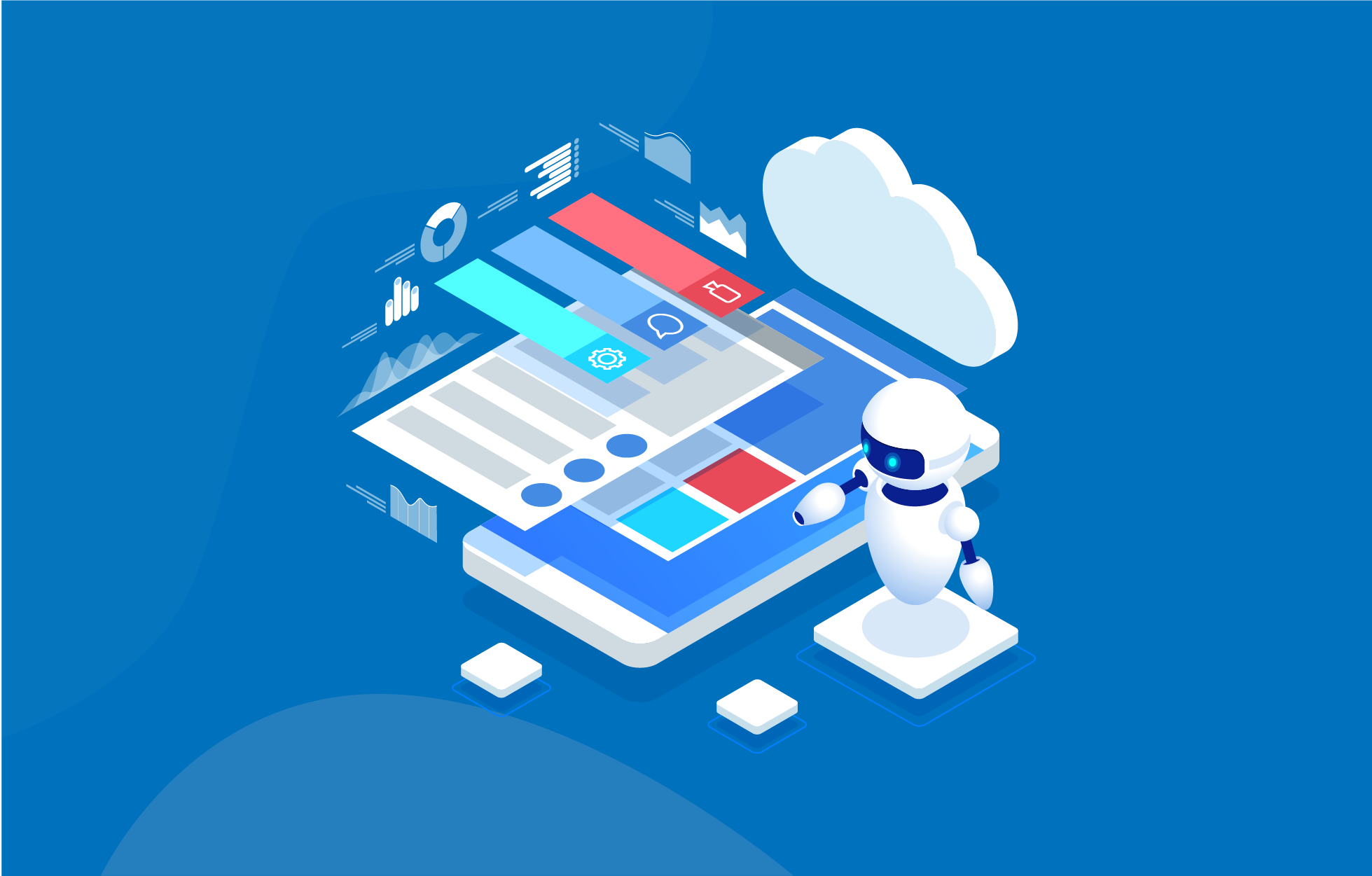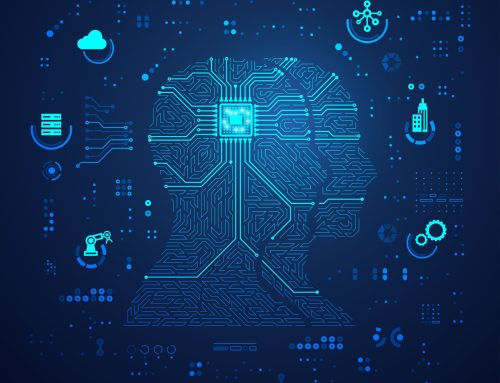Learn how Artificial Intelligence is poised to transform the speed, scope, affordability, and availability of market research.
There’s a dilemma around market research right now: we need it, and we can’t afford it. Almost no one will argue the importance of doing your research, but the time needed to perform a full study – as well as the price tag associated with it – makes it reserved for the biggest of decisions in a smaller company. Larger companies with correspondingly larger budgets have a little more leeway, but even so, it’s rare for a company to be able to afford complete market research on demand.
And let’s not forget the other major limiting factor: time. Traditional market research techniques are time-consuming. Even reviewing other research (historical or from a third party) takes many employee hours.
While we know AI has become a key facilitator in other areas of marketing, how will it change market research?
How AI Will Transform Market Research
Market researchers have developed and used all kinds of statistical models to analyze data. We’ve seen many of these successfully transfer to AI models. But that solves only one of the steps: the actual analysis. AI’s impact will be felt in all areas, from information gathering to analysis to delivery. Let’s see how.
Get Better Results, Faster
Let’s go back to the idea of analyzing the data. New AI models have been developed to analyze qualitative data faster and more accurately then was previously possible. Essentially, this relies on translating qualitative data into quantitative data by using an algorithm to analyze open-ended questions and generate a numerical score for a set of quantitative questions. While the concept of turning qualitative data into quantitative data isn’t new, AI can do it more thoroughly (and much more quickly) than humans can. The result is that research is available faster than ever before.
But wait, I hear you say. AI isn’t all that good at deciphering the details of humanity. That’s why supervised training approaches are often used; in this case, human input trains AI to correctly recognize and attribute different kinds of information. The downside is that this approach can also be time-consuming and expensive. However, progress in unsupervised machine learning (where the algorithms learn by itself) has already been made; we’re confident that soon we’ll see progress in self-learning AI that will make the models perform even better.
AI-Enhanced Virtual Research
But what about gathering data and creating the actual research? Traditionally, this has been done via interviews, focus groups, surveys, etc. – all of them excellent but time-intensive methods. Now we’re seeing AI speed up this process via chatbots and automated secondary research.
For example, an AI-powered chatbot could ‘conduct’ user interviews via an online interface. Once again, advances in natural language recognition, understanding, and generation are making it easier for the AI engine to proceed in a human-like way, especially with regard to relevant follow-up questions.
Another way AI is revolutionizing market research is by processing existing research. This could be from third-party sources, historical research, reports released by other companies, etc. This research has long been the mainstay for smaller companies and those exploring new concepts and markets because the financial outlay is relatively low. The cost in employee hours, though, is relatively high, making it a cumbersome and slow way to find insights. However, AI can quickly assimilate hundreds of data sources, find patterns, and isolate important facts and findings in almost no time. Thus, it virtually eliminates the time constraints associated with this type of research.
Real-Time Insights into Why and What
Agility and responsiveness are vital; marketers can’t afford to be behind on consumer sentiment, trends, or changes in buyer motivations and behavior. Another way that AI solves the timeliness problem of market research is by presenting data in real time – specifically, data from things like social media channels.
If quantitative data tells us the “what”, qualitative data tells us the “why”. And in no place can we find better “why” data than on social media. But processing this by human power is not feasible; imagine watching thousands of TikTok videos or reading hundreds of posts with a mention of your brand and then manually compiling all the sentiments into positives and negatives. We simply don’t have the patience or capacity for that kind of task – but AI does. And, as we mentioned earlier, it’s getting faster and more accurate all the time. So instead of waiting weeks or months to understand consumer trends, with AI, we can get it as it’s happening.
Less Cost, More Availability
We might call this AI’s main impact on market research: it’s becoming less expensive and more widely available. AI is removing many of the barriers related to time and cost that made market research a big-ticket item for small companies. It’s opening up the applications of market research to more daily tasks instead of just the major decisions. And it’s getting information into the hands of business users and decision-makers quickly, so they can keep up with the changes of today’s consumers.
The Future of AI in Market Research
In short, AI and market research look set to have a long, happy, and productive future together. As AI continues to improve in understanding human emotions, expressions, speech, and language usage, it will become increasingly more accurate and more valuable. We’re already seeing AI help in information gathering, processing, and analysis; we can expect to see it continue and evolve into a key market research ally.
Authored by: Dr. Anil Kaul, CEO at Absolutdata and Chief AI Officer at Infogain, and Ina Nanda, AVP, Research Analytics at Absolutdata
Related Absolutdata products and services: Analytics, Data Science & AI, Market Research, NAVIK Technology AI































